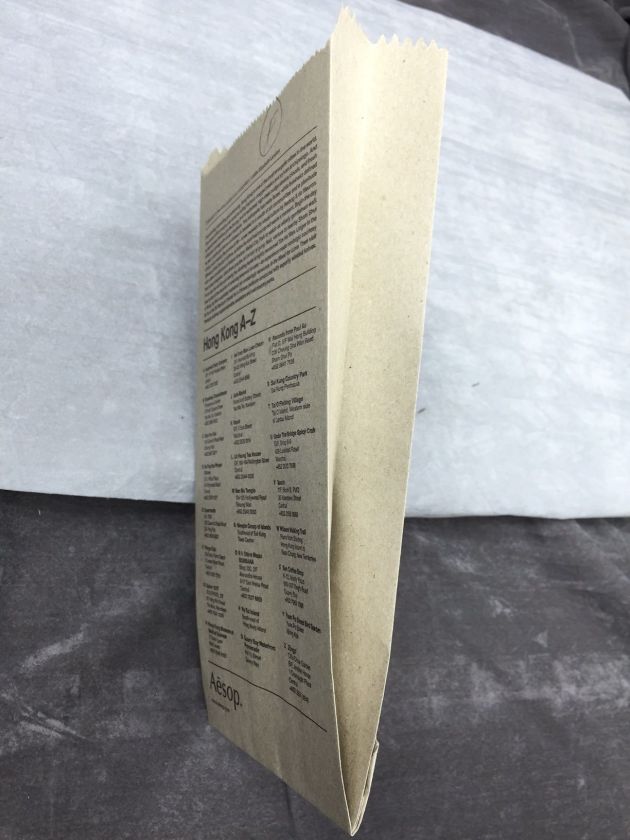A recent signatory to the covenant, Kenneth Ayres started on a high note by winning the APC's First Time Reporter award in 2015 and consistently proving its interests in environmentally friendly materials over the past year. This year it scored success with a win in the Small Packaging Manufacturer category at the 2016 Australian Packaging Covenant Awards
Since it was founded in Melbourne in 1973, Kenneth Ayres has made its name in presentation packaging and display. But it has emerged on the scene as a small yet dynamic business with long-term sustainability in its sights.
In the last 12 months the company identified three cost-effective local solutions that delivered wide-ranging environmental benefits.
1. A lot less ink
In addition to recycling 1600 litres of ink, last year the company found a solution for waste ink by mixing 50 per cent waste ink with a new, stronger black ink from its supplier to achieve a good result in printing. The initiative is expected to deliver a 25 per cent reduction in waste ink in 2016.
Craig Wall, who manages Kenneth Ayres' paper bag segment, said the process to collect waste ink and mix it to be used as black was previously seen as time-consuming.
“However, we reassessed this with the added benefit of improved recycling, and actually found that by changing our methods we would cut costs as well,” he said.
“We invested in a new pump, changed the formula for mixing waste with a new mix of fresh ink, and the process worked.
“We now recover up to 50 per cent of waste ink to be used as black ink. A driving factor behind this was demand from our customers for more black ink. From this higher volume there will be more sustainability benefits to be realised.”
2. Better bag recycling
Kenneth Ayres has continued to promote the recyclability of paper bags while changing its tooling to support production of bags from 100 per cent post-consumer paper. Kenneth Ayres encourages customers to incorporate recyclability and other sustainability labels into their artwork to promote the benefits of its paper bags.
The company uses Visy paper which can easily converted into paper bags, according to Wall.
“Due to its unique look, it's appealing to many retail customers,” he said.
“Once they find out it's 100 per cent recycled post-consumer waste paper, they're highly motivated to use it, and it becomes a difficult choice for them to go back to virgin paper.
“We have actively promoted these type of products over lesser credentialed ones. Often the sustainability issue is the deciding factor in selecting raw materials to use.”
3. A waste-reducing machine
After completing reviews of all existing packaging in 2015, Kenneth Ayres also decided to install a new strapping machine to reduce waste. Inner cores from supplied rolls are now re-used as packaging for posters sold to customers, and usable scraps are donated to local schools and kindergartens.
“The additional cost to make the PVC cores usable for the posters was equal, and did require
some more management costs, but we now assess this cost as acceptable to meet our sustainability goals,” Wall said.
Good things in small packages
Craig Wall, manager – paper bags at Kenneth Ayres, says there are some benefits to being a small packaging company.
“As a small manufacuturer, we're often not in a position to lead the environmental change, but it's easier for us to make choices based on customer demands,” he said.
“Being small means we're flexible enough to quickly change our methods, and although we're not in a position to invest heavily in changes that don't reduce our costs, we're preferring the choices that improve sustainability.”
Kenneth Ayres is focused on a sustainable future, and has commenced a redesign of its factory to improve efficiency.
“Through this process we have the opportunity to assess all internal use items as they are moved,” Wall said.







